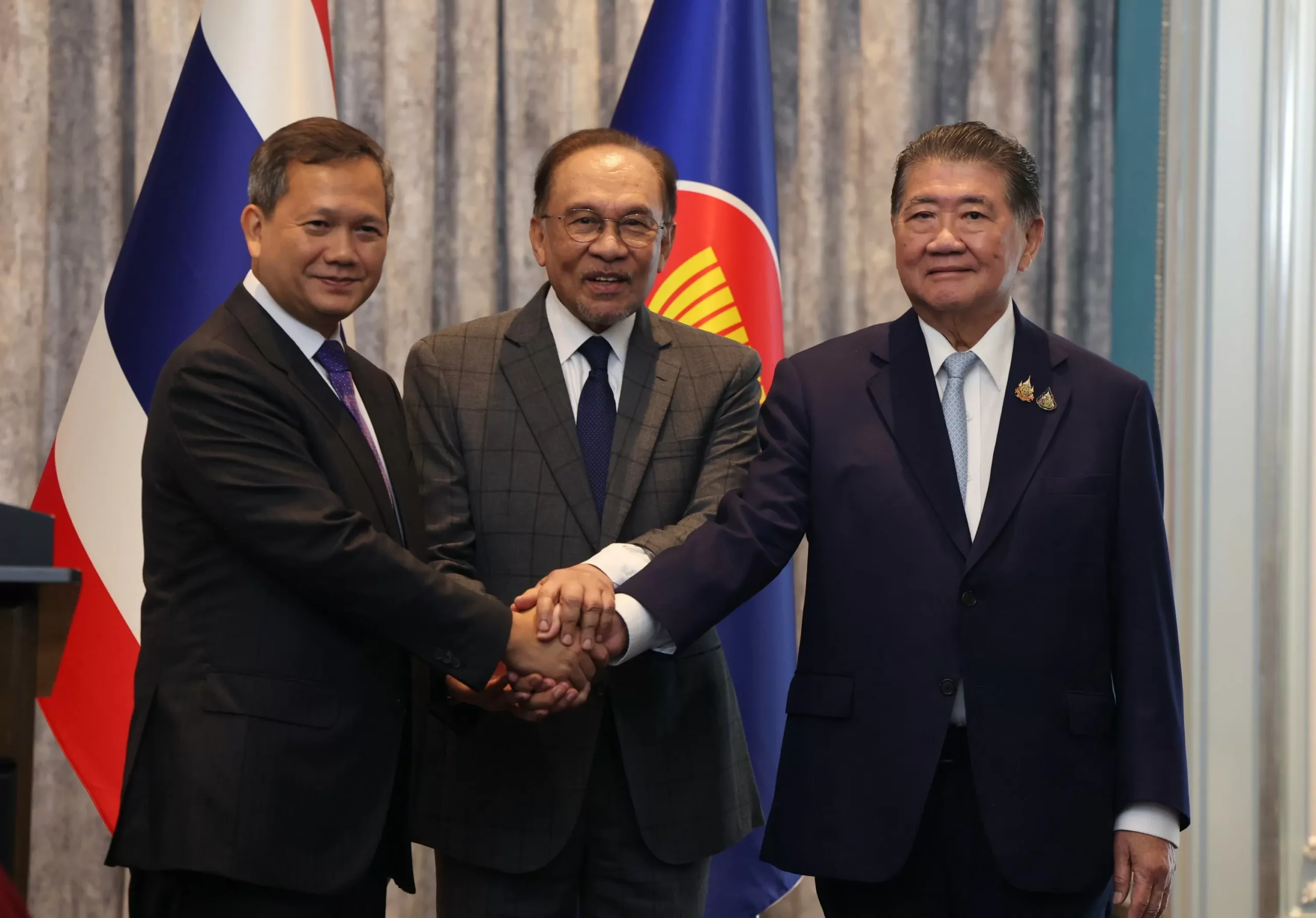Thailand and Cambodia have reached a significant milestone in their efforts to end the recent border clashes that have resulted in the loss of many lives. On Monday, the two countries agreed to an unconditional cease-fire in Malaysia, bringing hope for a peaceful resolution to the ongoing conflict.
The clashes, which began five days ago, have caused great concern and distress among the people of both nations. The situation escalated quickly, with both sides accusing each other of provocation and aggression. The violence has resulted in the deaths of dozens of soldiers and civilians, as well as displacement of many families.
However, the recent agreement between Thailand and Cambodia to cease all hostilities is a positive development that has been welcomed by the international community. The leaders of both countries have shown a willingness to put an end to the bloodshed and work towards a peaceful resolution.
The cease-fire agreement was brokered by Malaysia, with the support of the Association of Southeast Asian Nations (ASEAN). This demonstrates the importance of regional cooperation and the role that ASEAN plays in promoting peace and stability in the region.
The unconditional nature of the cease-fire is a crucial aspect of the agreement. It shows that both Thailand and Cambodia are committed to finding a lasting solution to the conflict. This is a clear indication that they are willing to put the interests of their people above any political or territorial disputes.
The cease-fire also includes provisions for the withdrawal of troops and the establishment of a neutral zone along the border. This will help to ease tensions and create a conducive environment for further negotiations.
The international community has praised the efforts of both Thailand and Cambodia in reaching this agreement. The United Nations Secretary-General, Antonio Guterres, has commended the two countries for their commitment to peace and has urged them to continue working towards a permanent solution.
The cease-fire is a significant step towards ending the border clashes, but it is only the beginning. Both Thailand and Cambodia must now focus on finding a long-term solution to the underlying issues that have led to this conflict. This will require open and honest dialogue, as well as a willingness to compromise and find common ground.
It is also important for both countries to address the humanitarian needs of those affected by the clashes. The violence has caused immense suffering for innocent civilians, and it is crucial that their well-being is prioritized in the aftermath of the conflict.
The people of Thailand and Cambodia have a long history of friendship and cooperation. The recent clashes have strained this relationship, but the cease-fire agreement is a positive step towards restoring trust and rebuilding ties between the two nations.
In conclusion, the unconditional cease-fire between Thailand and Cambodia is a significant development that brings hope for a peaceful resolution to the border clashes. It is a testament to the commitment of both countries to finding a lasting solution and a reminder of the importance of regional cooperation in promoting peace and stability. Let us hope that this agreement will pave the way for a brighter and more peaceful future for the people of Thailand and Cambodia.





![Complete BritRail Pass Guide [Types, How to Use It, Pros + Cons]](https://inside-news.uk/wp-content/uploads/2025/06/00221EB4-BCA2-4DBB-6CD4-83DBC37D71FA-120x86.webp)
















